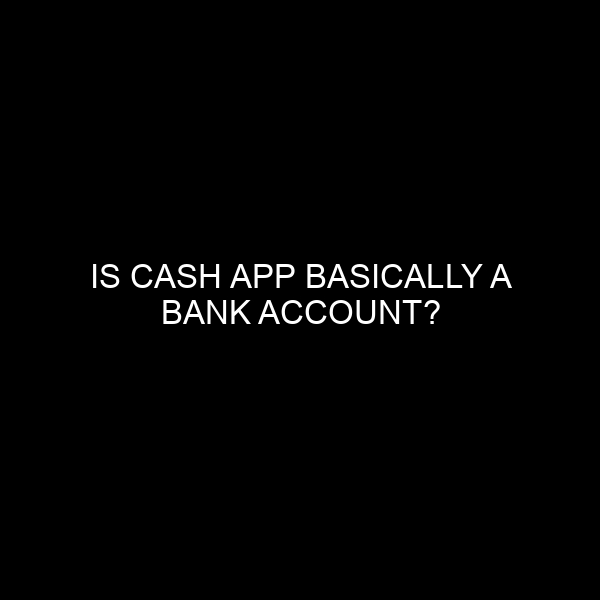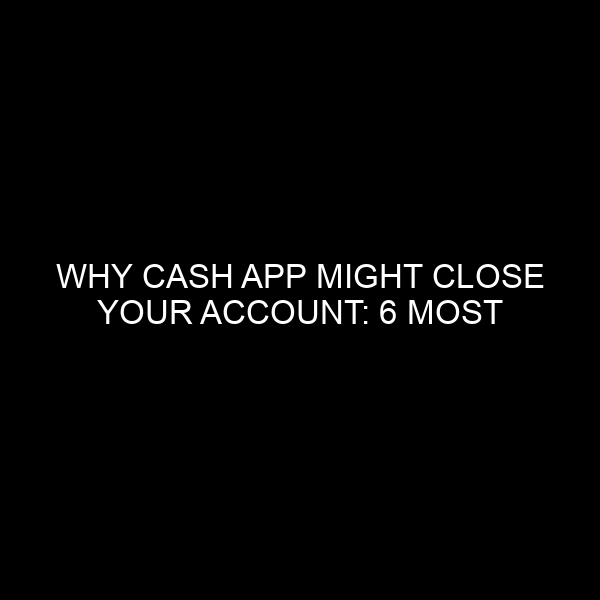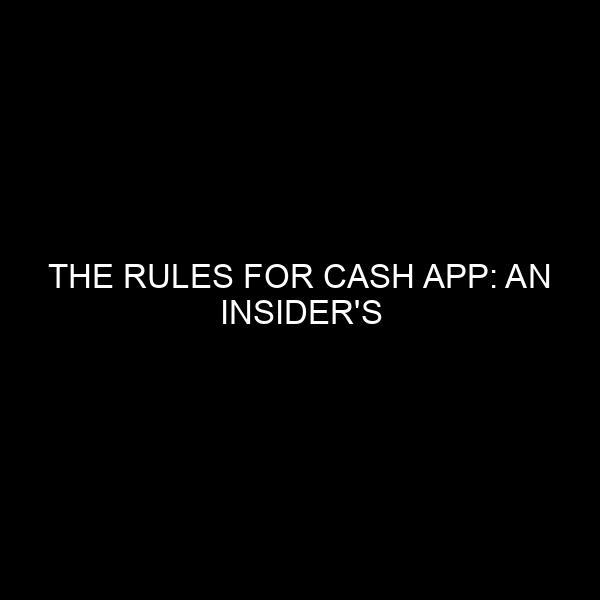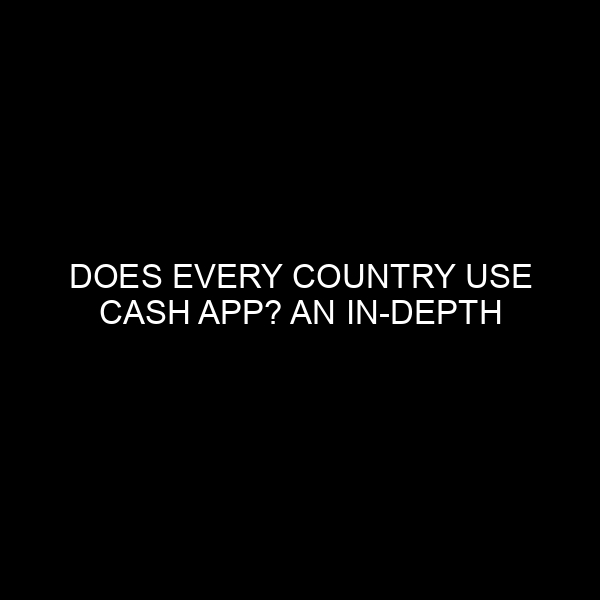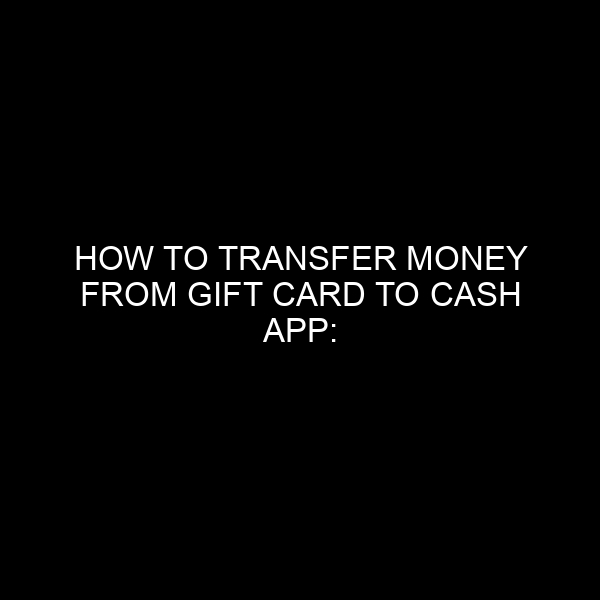Is Cash App Basically a Bank Account?
The digital era has profoundly influenced how individuals manage and transfer their money. Traditional banking systems, while still dominant, face challenges from emerging financial technology platforms. Among the frontrunners in this new age of financial technology is the Cash App, a mobile payment service developed by Square Inc. At a glance, Cash App might appear like just another digital wallet, but is it essentially a bank account? Let’s delve deeper into its offerings and find out.
Understanding Cash App’s Core Features
Before determining whether Cash App serves as a bank account, it’s crucial to understand its core features.
- P2P Transfers: Cash App allows users to send and receive money. Similar to a bank transfer, but without the hassle of routing and account numbers.
- Direct Deposit: Users can receive their paycheck, tax returns, or other payments directly into their Cash App balance.
- Cash Card: Cash App offers a Visa debit card, known as the Cash Card, which users can use to spend their Cash App balance.
- Bitcoin & Stocks: Users can buy, sell, and hold Bitcoin as well as individual stock shares.
- Cash Boost: Special deals and discounts when using the Cash Card at certain retailers.
Comparison: Cash App vs. Traditional Bank Account
To better grasp the similarities and differences, let’s juxtapose Cash App against conventional banking:
- Regulatory Status: Banks are regulated financial institutions, often insured by entities like the FDIC in the United States. Cash App, while required to follow many financial regulations, isn’t a bank. Its funds aren’t FDIC insured by default, though there are certain nuances which we’ll discuss later.
- Services Offered: Traditional bank accounts offer a myriad of services including loans, certificates of deposit, financial planning, and more. Cash App, while expansive in its own right, focuses primarily on transactions, payments, and basic investment options.
- Physical Presence: Banks usually have physical branches. Cash App operates entirely online and through its mobile application.
- Fees: Banks may have monthly fees, minimum balance requirements, and other charges. Cash App primarily makes money from transaction fees and optional services.
Benefits of Cash App Over Traditional Banking
Despite not being a bank in the strictest sense, many users are increasingly reliant on Cash App for their financial needs. Why?
- Ease of Use: Setting up and transacting is incredibly straightforward.
- Quick Transfers: Instant transfers between Cash App users.
- Flexibility: With features like Cash Card and Cash Boost, users have a multitude of spending and saving options.
- Investment Opportunities: Even novice users can delve into the world of Bitcoin and stocks.
The Nuances of Cash App’s “Bank-like” Features
Cash App does exhibit several bank-like qualities:
- Direct Deposits: By providing account and routing numbers, users can treat their Cash App as a de facto bank account for the purpose of direct deposits.
- ATM Withdrawals: With the Cash Card, users can withdraw funds, similar to a bank’s debit card.
- Protection: Square, the parent company, has introduced FDIC insurance for funds held in Cash App — but only for funds that are slated for direct deposit. This insurance doesn’t cover funds added in other ways or funds held for more than 30 days after a deposit.
Conclusion
By strict definition, no, Cash App isn’t a bank account. It doesn’t operate under the same regulatory framework as traditional banks, nor does it offer the comprehensive financial services that banks do. However, for a vast number of people, it serves many of the primary functions of a bank account: receiving money, storing funds, making payments, and investing.
